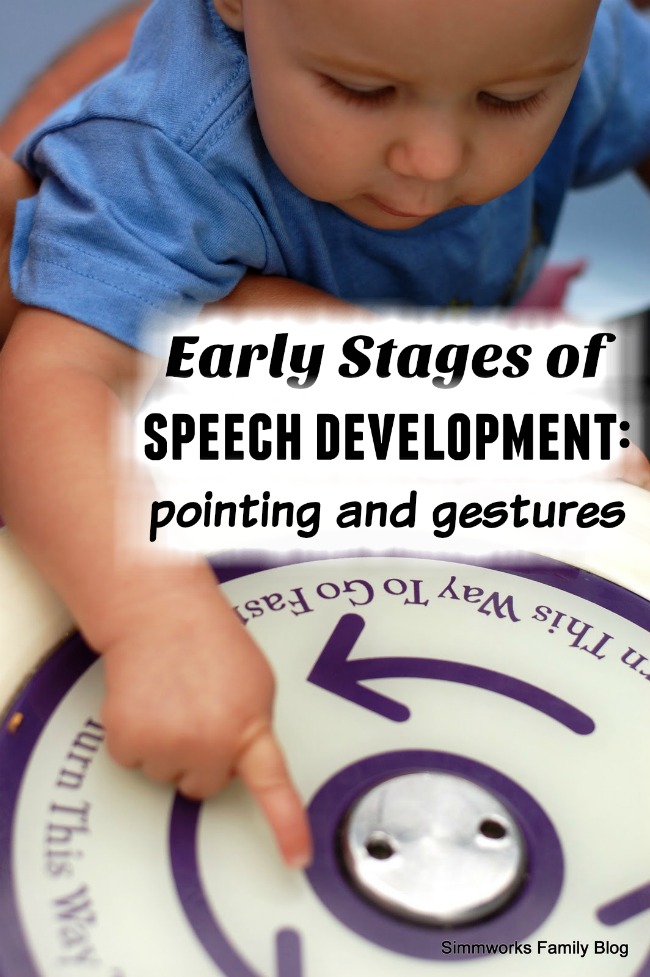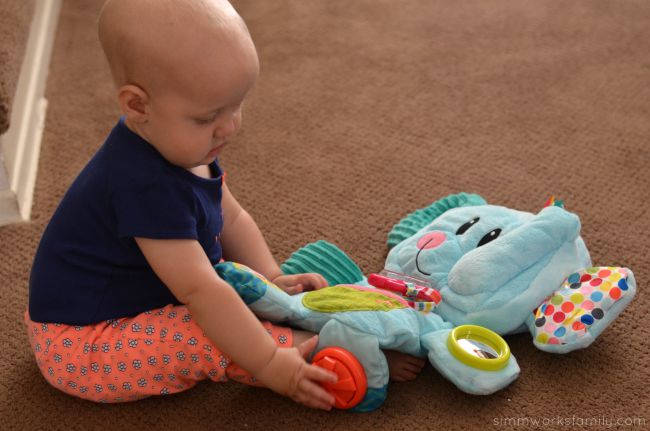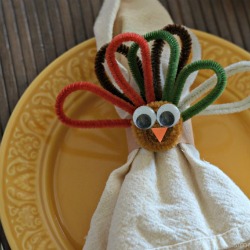
No, we didn’t get another dog. My daughter has started pointing! And I am loving it. When my son started pointing I didn’t realize it was such a big deal until one of my friends (who happens to be a speech language pathologist) commented about it and let me know that it was a good sign that he was developing right on track.
I actually noticed it when I was playing Angry Birds on my smartphone and she kept reaching over from her seat on the couch to try and touch the screen with her little pointer finger. She saw me pointing at the screen (launching the birds) and wanted to do the same! Then on our most recent trip to Disneyland this past week she started pointing at things around her. So we took advantage of her interest and started telling her about everything she pointed at. She might have been overwhelmed just a bit…
It’s important for kids under 12 months of age to be watched for signs that they’re using their “voices” to relate to their environment. A few things to look for in your infant to make sure that they are on track are listed below. Knowing what’s “normal” and what’s not in speech and language development can help you figure out if you should be concerned or if your child is right on schedule.

Early Stages of Speech Development
Birth to 3 Months
- Respond to speech by looking at the speaker
- Respond differently to the voice of a parent than to other voices
- React to changes in a speaker’s tone, pitch, volume, and intonation
- Respond differently to their home language and another language
- Communicate with bodily movements, by crying, babbling, and laughing
- Attempt to imitate sounds
3 Months to 6 Months
- Exchange sounds, facial expressions, or gestures with a parent or caregiver
- Listen to conversations
- Repeat some vowel and consonant sounds
6 Months to 9 Months
- Begin repetitive babbling (deaf children also start to babble with their hands)
- Associate gestures with simple words and two-word phrases, like “hi” and “bye-bye”
- Use vocal and non-vocal communication to express interest and influence others
- Saying words like “mama” and “dada” (without really understanding what those words mean)
9 Months to 12 Months
- Understand the names of familiar people and objects (for example bottle, binky, etc.)
- Show their understanding with responsive body language and facial expressions
- Say a few words
- Respond to a firm “no” by stopping what they are doing
There are certain milestones that children are evaluated for at their well-baby visits. For the 12 month visit, pointing, gesturing and waving good-bye along with a few spoken words are great signs that a baby is on track developmentally. Being able to communicate for an infant can be difficult at times because of the lack of a vocabulary. But if you watch your infant closely you can see that they’re constantly communicating with you in their own special way. And don’t worry if your child hasn’t met some or all of the developmental guides listed above. If you have any concerns about your child’s development please speak with your pediatrician.
Sources: PBS, Kids Health, ASHA





